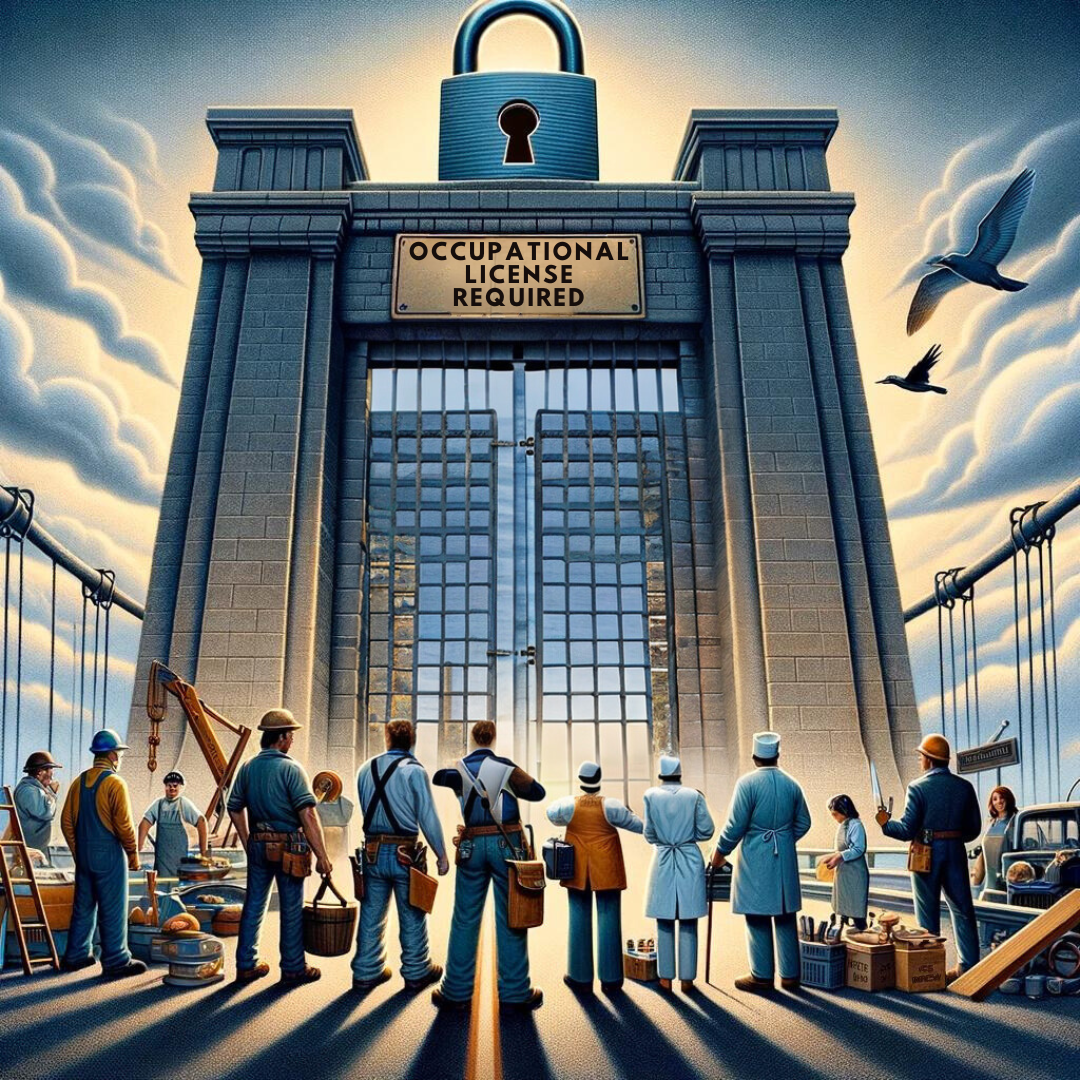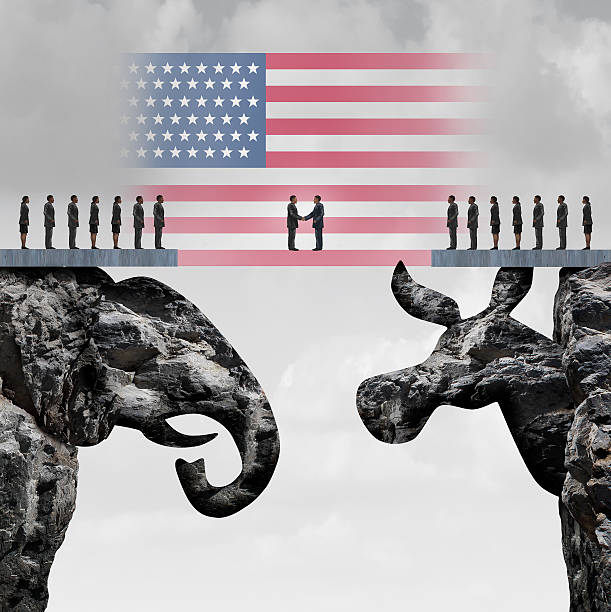U.S. Supreme Court provides blueprint for state online sales tax collection
It’s not every day the U.S. Supreme Court overturns prior opinions. When that decision has to do with the online sales tax power of states, the potential impact becomes even bigger. This is especially true for states like Washington without income taxes and for those of us who want to stay income tax free. Those are just some of the reasons today’s 5-4 ruling in South Dakota v. Wayfair concerning online sales tax collection is so important.
In its decision today, the U.S. Supreme Court overturned the 1992 Quill ruling that limited the power of states to impose sales tax collection obligations on out-of-state business. In doing so, the Court provided a blueprint for states to now collect these taxes. It is important to note that this is not a new tax (use tax was already owed by consumers), but this controversy has been driven by the potential impact on interstate commerce due to compliance burden on out-of-state businesses without physical nexus in a state.
As noted by the majority (Kennedy, Ginsburg, Thomas, Alito and Gorsuch) opinion:
“All concede that taxing the sales in question here is lawful. The question is whether the out-of-state seller can be held responsible for its payment . . . Here, the tax distortion created by Quill exists in large part because consumers regularly fail to comply with lawful use taxes.”
Today’s decision, however, is not a blank check for states, but instead a blueprint for online sales tax collection that don’t unduly burden interstate commerce. The majority stressed these safeguards were important:
"South Dakota’s tax system includes several features that appear designed to prevent discrimination against or undue burdens upon interstate commerce.
First, the Act applies a safe harbor to those who transact only limited business in South Dakota.
Second, the Act ensures that no obligation to remit the sales tax may be applied retroactively.
Third, South Dakota is one of more than 20 States that have adopted the Streamlined Sales and Use Tax Agreement. This system standardizes taxes to reduce administrative and compliance costs: It requires a single, state level tax administration, uniform definitions of products and services, simplified tax rate structures, and other uniform rules.
It also provides sellers access to sales tax administration software paid for by the State. Sellers who choose to use such software are immune from audit liability."
With Wayfair now the law of the land, it will be important for lawmakers to strive to reduce the compliance burden imposed on businesses. Per the U.S. Government Accountability Office:
“The cost of both collecting and remitting sales tax rises with increased exposure to tax jurisdictions. As the number of jurisdictions for which a business collects taxes increases, the amount of administrative work also increases. Businesses will have to prepare and file a greater number of returns, license more functionality from the collection software they use, and collect tax on a greater number of sales. All of these actions add additional costs to a business’s operations . . .
If states are allowed to require businesses to collect tax on all remote sales, businesses we spoke with expect audit and assessment related costs to rise because of increased exposure to more tax jurisdictions . . .
If states gain the authority to require businesses to collect tax on remote sales, businesses will have to incur costs to understand their new compliance obligations, which can differ by state or tax jurisdiction. The related liability cost increases along with an increase in exposure to more tax jurisdictions. These costs will likely increase the most for businesses that do not have established legal teams, software systems, or outside counsel to assist with compliance related questions.”
Given the potential business compliance costs, Congress may face new pressure now to help place additional sideboards on how creative state officials can be with their new taxing authority.
We may see some of this tax creativity on display next session as Washington lawmakers will undoubtedly seek to revise the state’s new hybrid online sales tax law. Let’s hope they stick with the South Dakota blueprint approved today by the U.S. Supreme Court and not try to push the boundaries.








